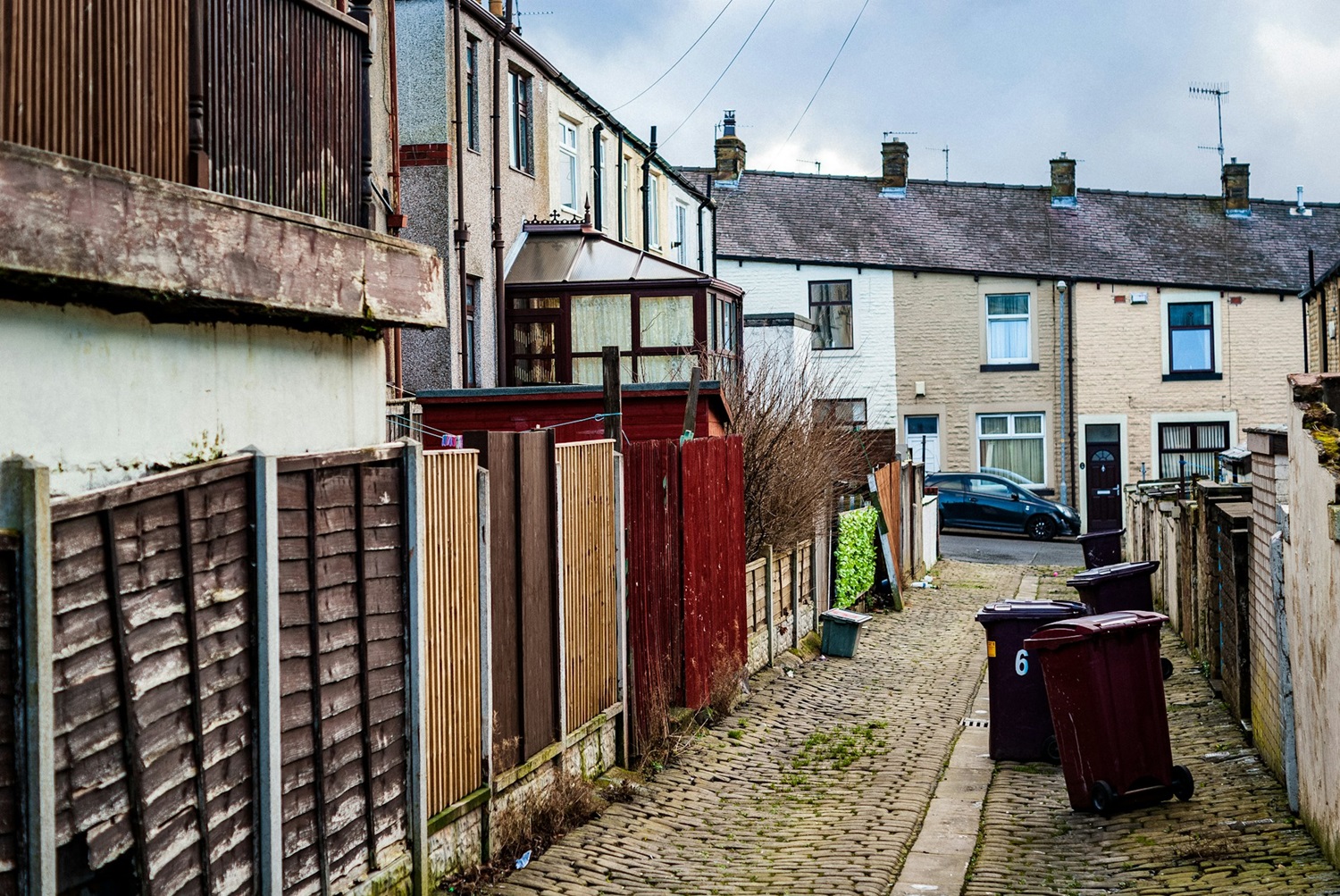If you are living in a property that is in a state of disrepair, it can be an incredibly stressful situation. Constant health and safety issues can affect everyone living in your home and cause issues from daily comfort to long-term health.
When living as a tenant, it can be infuriating if your landlord does not do their part in maintaining a safe and healthy household. In this instance, housing disrepair claims can be necessary.
Read on as we explain housing disrepair claims, the exact criteria needed and how to make a claim.
What is a housing disrepair claim?
A housing disrepair claim refers to a claim of legal action taken by a tenant against a landlord in regard to the state of their living environment. These claims arise when a tenant believes their landlord has failed to keep the property safe and habitable.
Landlords are typically responsible for making necessary repairs during disrepair claims. Tenants may also seek financial compensation for various reasons, such as health issues caused by the disrepair, damage to personal belongings, or general inconvenience experienced.
What are common grounds for housing disrepair claims?
There are several issues often brought up with housing disrepair claims. Some of the most common grounds for these kinds of claims are the following:
- Structural issues
- Electrical hazards
- Mould and damp
- Gas safety problems
- Plumbing problems
- Pest infestations
- Heating issues
What are the criteria for a successful housing disrepair claim?
When it comes to putting in a housing disrepair claim, you need to be sure that you do so appropriately. If not, you run the risk of your claim falling on deaf ears. You will need to provide evidence that the landlord has not taken the responsibility to fix your property issues. You’ll also need proof that these problems have caused a decline in your quality of life.
Here is what you will need to keep in mind to ensure that your claim is successful.
Keep proof of any damage
Start collecting evidence of the property problems that you have been experiencing. You will need this evidence to back up your claim. Evidence can include items such as pictures or videos of damage, medical records for related health issues or statements from witnesses.
Records of complaints to the landlord
You will need to have told the landlord about your concerns so that they have had a chance to deal with the issues. Keep note of your communications with them, such as text messages or emails, so that you have proof of your attempts to solve the problems amicably. This will also go in your favour if your proof shows that the landlord has ignored or only partially responded to your problems.
Your tenancy agreement
You should have a valid tenancy agreement between yourself and the landlord that was given to you when you began residing in the property. The agreement will include a clause regarding the need for the property to be maintained by the landlord. Make sure you have a copy of the agreement. Highlight the points regarding the landlord’s responsibilities so you can quickly find the sections you need to reference for your claim.
Reports from experts if necessary
If the problems you are experiencing have gotten particularly severe, you might feel the need to hire an independent party to check things over. This is especially true if you have had no luck discussing the matter with the landlord.
If you have received reports from surveyors or independent inspectors, keep hold of them to strengthen your chance of a successful claim. You will also want to save any invoices for payment of these services, as you should be able to claim for the money back too.
Expert advice with Osbourne Pinner Solicitors
If you’re unsure where to start when it comes to handling a housing disrepair claim, Osbourne Pinner can help you every step of the way.
Our friendly and experienced housing disrepair claims team will be on hand to guide you through the process. They can help you to claim for compensation, necessary repairs and inconvenience encountered due to the negligence of a landlord. Contact our team today for a free consultation. Simply fill in our online form below, call 0203 983 5080 or email us at [email protected].




